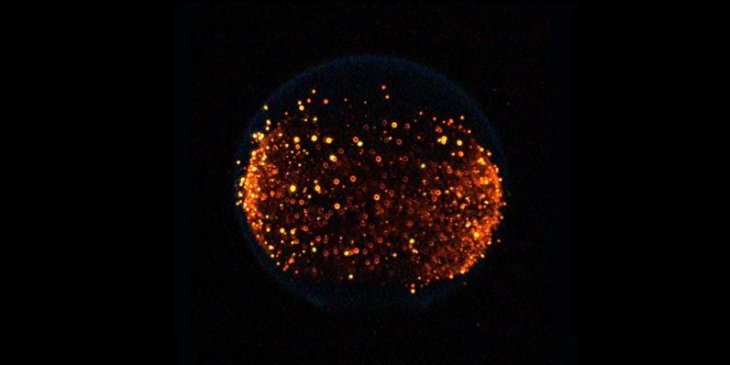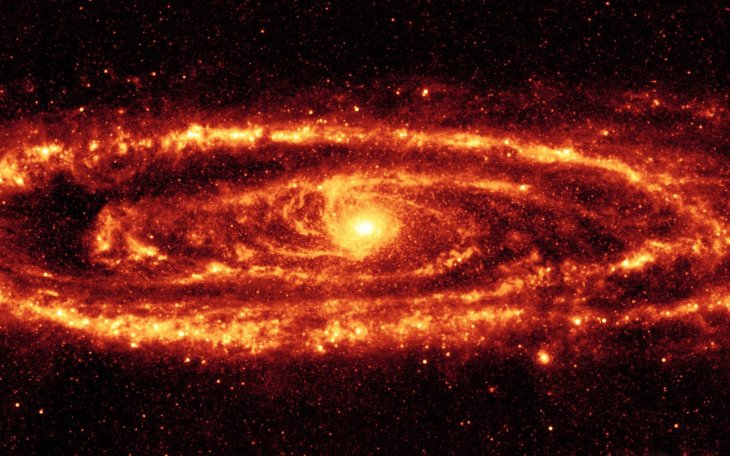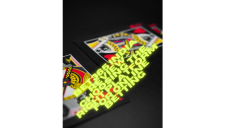NASA Explores Behavior Of Flames In Space With Microgravity Fires
Anil - Sep 29, 2019
![]()
These experiments also broaden the understanding of the flame and its complete combustion.
- The First Space Hotel In The World Will Welcome 400 Guests
- Startup Builds Vehicle With Soviets Tech To Collect Space Garbage
- Russia Will Build A Lunar Space Station With China Because It's Done With NASA
Traveling between planets is considered a risky and dangerous experience for astronauts. Threats can come from a variety of causes such as leakages, or system failures, which lead to a fire disaster. As a solution for this, NASA is exploring the behavior of flames in space through microgravity fires.

NASA mentioned that astronauts on the (ISS) made use of a versatile device called Combustion Integrated Rack (CIR) that could support combustion experiments. They found that the flames in space with zero gravity conditions would ignite in a spherical shape as the hot air expanded out of the epicenter. It had the shape of an expanding flock of fireflies originating from a single point in space. Meanwhile, the flame on the Earth under gravity will create hot gas to ignite and rise upwards. Other experiments focus on monitoring the use of delivery systems with oxygen during combustion.

For Daniel Dietrich, a scientist at NASA's Glenn Research Center, The Flame Extinguishment Experiment (FLEX) is considered one of the most striking experiments of CIR. Through this experiment, scientists have discovered the effectiveness of flame retardants as they burn fuel droplets. More specifically, the cold flame seemed not to stop burning even after being extinguished under certain conditions. These experiments also broaden the understanding of the flame and its complete combustion, as the combustion process on Earth is not complete.
For NASA, the study of the burning flame gives much great significance to the development of space science and definitely they will do further research on this interesting topic.
Featured Stories

Features - Jan 23, 2024
5 Apps Every Creative Artist Should Know About

Features - Jan 22, 2024
Bet365 India Review - Choosing the Right Platform for Online Betting

Features - Aug 15, 2023
Online Casinos as a Business Opportunity in India

Features - Aug 03, 2023
The Impact of Social Media on Online Sports Betting

Features - Jul 10, 2023
5 Most Richest Esports Players of All Time

Features - Jun 07, 2023
Is it safe to use a debit card for online gambling?

Features - May 20, 2023
Everything You Need to Know About the Wisconsin Car Bill of Sale

Features - Apr 27, 2023
How to Take Advantage of Guarantee Cashback in Online Bets

Features - Mar 08, 2023
White Label Solutions for Forex

Review - Jul 15, 2022
Comments
Sort by Newest | Popular